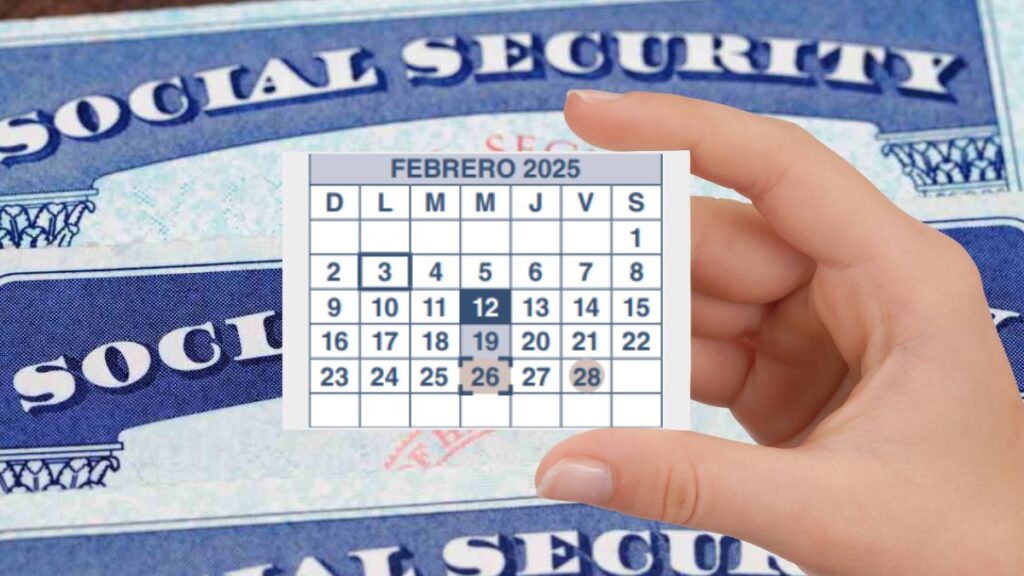Another round of Social Security benefit payments is happening for this week. If you are among the millions of beneficiaries, it is important to know when you should expect your payment and how the Social Security Administration (SSA) determines payout dates.
Why It Matters
Social Security benefits play a crucial role in the financial stability of retirees, disabled individuals, and survivors of deceased claimants. With nearly 73 million Americans receiving some form of Social Security benefits as of late 2024, these payments are essential for covering everyday expenses, including housing, food, and healthcare.
For many retirees, Social Security is their primary or even sole source of income. Understanding payment schedules ensures that beneficiaries can effectively plan their finances and avoid unnecessary stress or confusion.
What To Know
Because of the large number of Social Security recipients, the SSA staggers payments based on an individual’s date of birth. However, two groups receive their payments on a different schedule:
- Beneficiaries who started receiving Social Security before May 1997
- Recipients of Supplemental Security Income (SSI)
These individuals always receive their payments at the beginning of each month. This week, payments for these groups were scheduled for Monday, February 3.
Understanding SSI Payments
Supplemental Security Income (SSI) is a federal benefit program providing financial assistance to individuals who are disabled, blind, or aged 65 and older with limited income and resources. Unlike standard Social Security benefits, which are based on work history, SSI is a needs-based program.
SSI payments follow a separate schedule from standard Social Security benefits. For February, SSI payments were issued on January 31. If a beneficiary qualifies for both Social Security and SSI, they will receive two separate payments.
What If Payment Is Delayed?
The SSA advises recipients to wait at least three working days before contacting the agency if a payment has not arrived as expected. Since federal holidays and weekends do not count as working days, beneficiaries should take this into account when tracking their deposits.
How Much Are the Payments?
The amount of Social Security benefits varies based on factors like lifetime earnings and the age at which a person begins collecting benefits. In 2025, the maximum Social Security retirement benefit is $5,108 per month, though most recipients receive far less. As of January 2025, the average monthly retirement benefit was $1,976.
A 2.5 percent Cost of Living Adjustment (COLA) went into effect this year, increasing all Social Security payments to help offset inflation. The COLA is determined by the Consumer Price Index for Urban Wage Earners and Clerical Workers (CPI-W) and ensures that benefits keep pace with rising costs.
What’s Next?
For those who receive Social Security based on their birth date, the next round of payments will be distributed on Wednesday, February 12. Additional payments will follow later in the month.
* * * * * * * * * * * * * * * *
So there you have it. Staying informed about your Social Security benefits can help you manage your finances and avoid unexpected delays. If you have concerns about your payments, be sure to check the SSA’s official website or contact them directly for assistance.
By Steven Roberts




